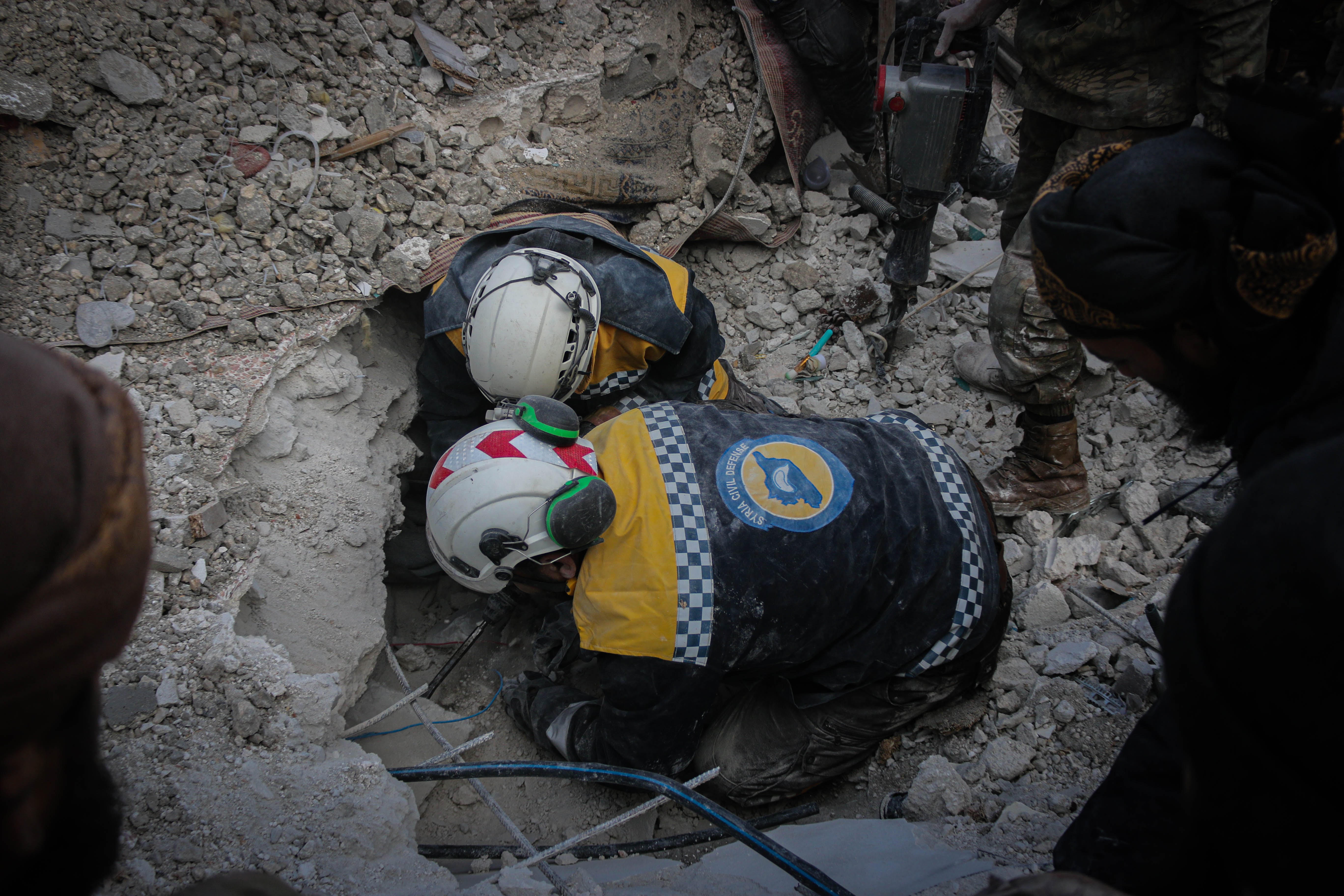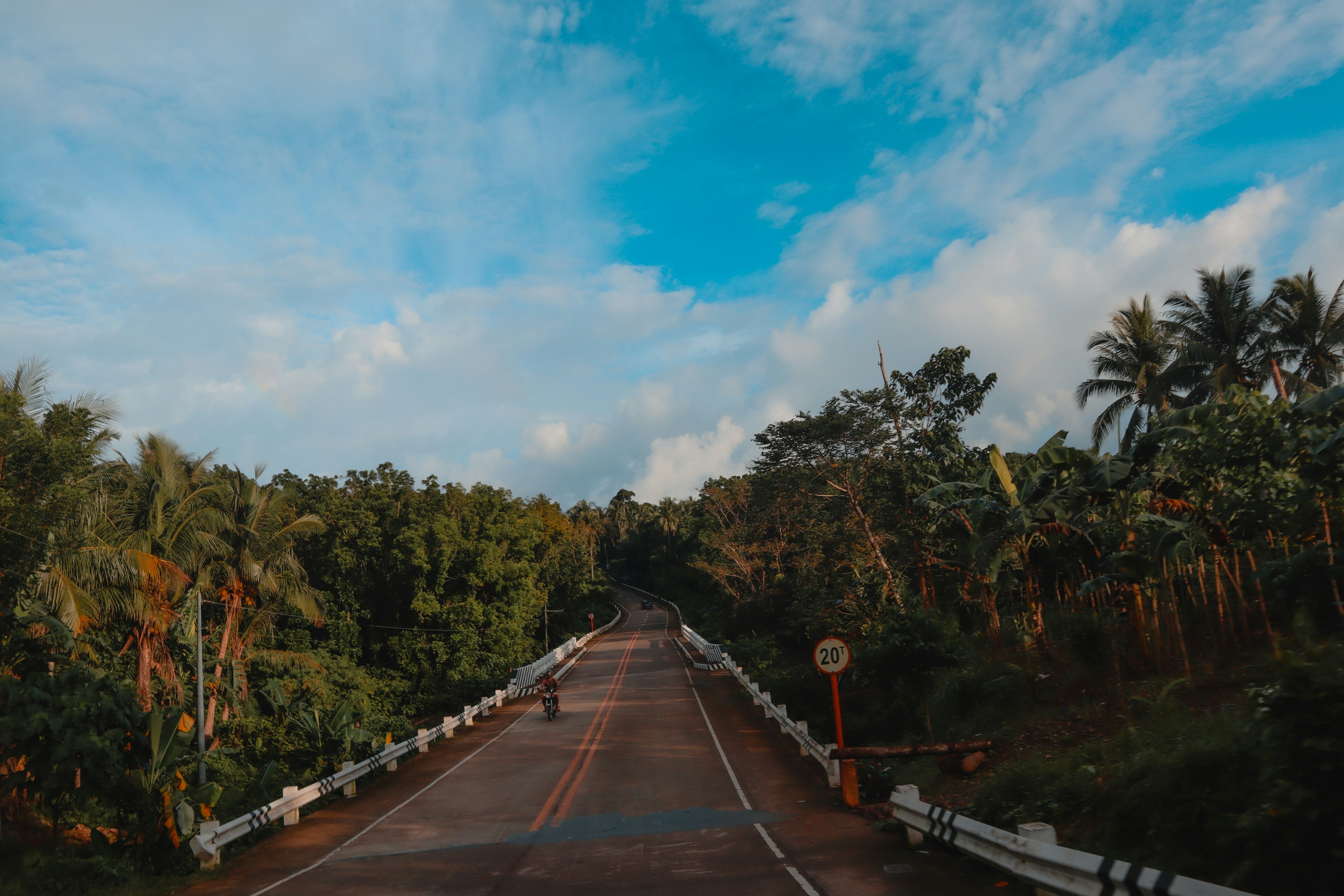Monday’s Summit was the first time that the United Nations General Assembly has called for high-level talks addressing the large movements of refugees and migrants globally.
The Summit sought to bring countries together, via their Heads of State, to develop a “more humane and coordinated approach” to the global widespread movement of refugee and migrant populations.
Why should you care about this summit?
- Globally 60 million people have been displaced from their homes by conflict and violence; only one third of which are refugees. Internally displaced people and other migrant movements need critical attention.
- It is estimated that over 46,000 migrants have lost their lives along migratory routes since 2000. In 2014-2015 the global count was over 10,400. This is an issue that cannot wait for more deaths before we come together as an international community to find solutions.
- The developed world is not carrying a proportionate burden. The following countries are Top 10 refugee hosting countries around the world:
- Turkey – 2,541,352
- Pakistan – 1,561,162
- Lebanon – 1,070,854
- Iran – 979,437
- Ethiopia – 736,086
- Jordan – 664,118
- Kenya – 553,912
- Uganda – 477,187
- DRC – 383,095
- Chad – 369,540
Why is this summit important?
In Australia the summit is particularly interesting given our nation’s immigration policy. Australia has recently been included, for the first time ever, on the Update on Nations not Cooperating with the UN. The report referenced Australia’s refusal to provide assurance to the Special Rapporteur on the Human Rights of Migrants that persons cooperating with his mandate would not face reprisal under harsh whistleblower laws; forcing the visit to Australia’s immigration detention centres to be postponed, owing to protection concerns.
The Summit held potential for bold new commitments by governments from around the world, though as many suspected in the lead up, the talks seems to have ultimately fallen short with no concrete outcomes being achieved. The Summit is expected to conclude by giving the international community two years to reach a “global compact” on how to share the burden.
There is still hope, however: President of the United States Barack Obama has convened his own summit to be held on the following day. To speak at the Obama Summit, world leaders must make substantial new commitments to either take in more refugees or give much greater assistance to those already arrived as well as to developing nations hosting large migrant and refugee populations.
We’ll be eagerly awaiting update on the outcomes from this summit to see if anything for refugees and migrants globally is likely to change anytime soon.
Image source: https://refugeesmigrants.un.org/infographics






